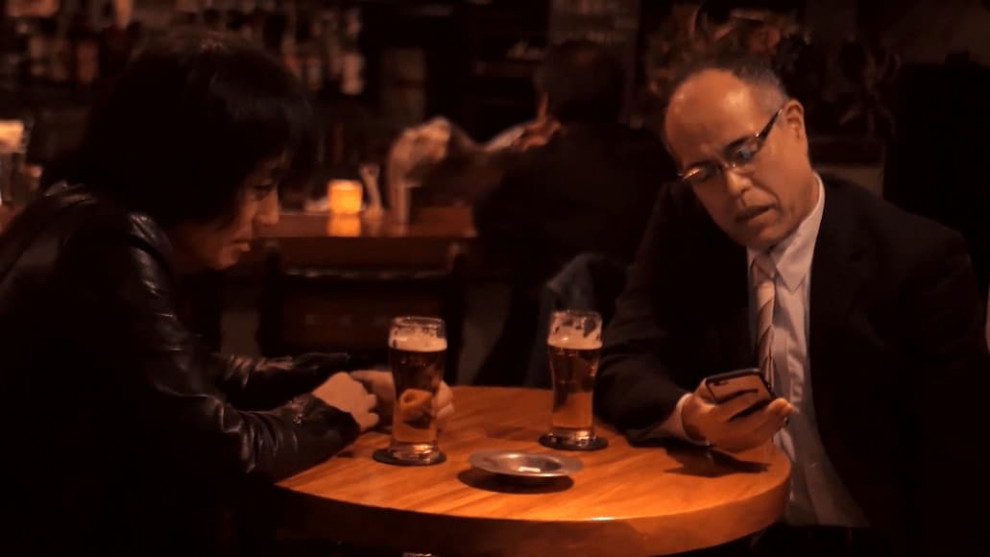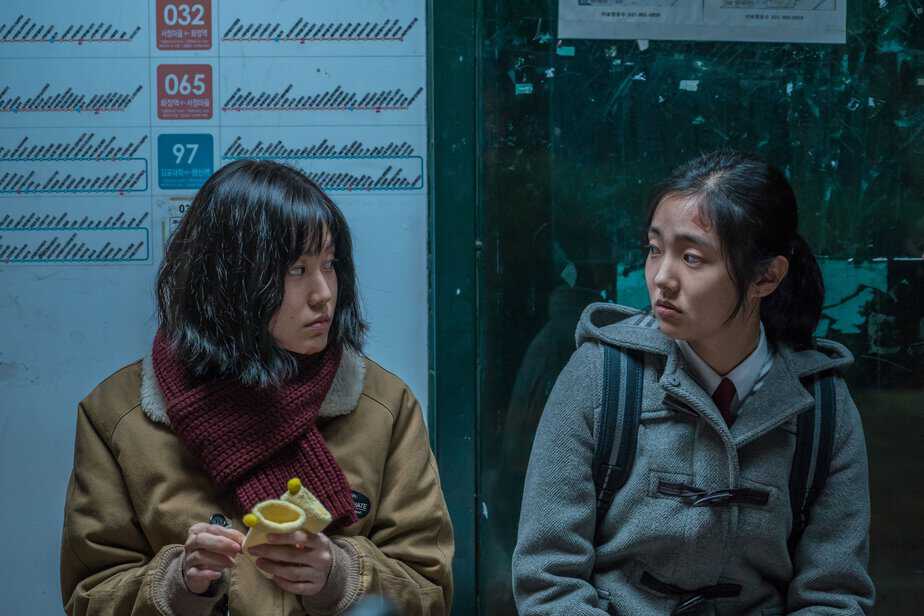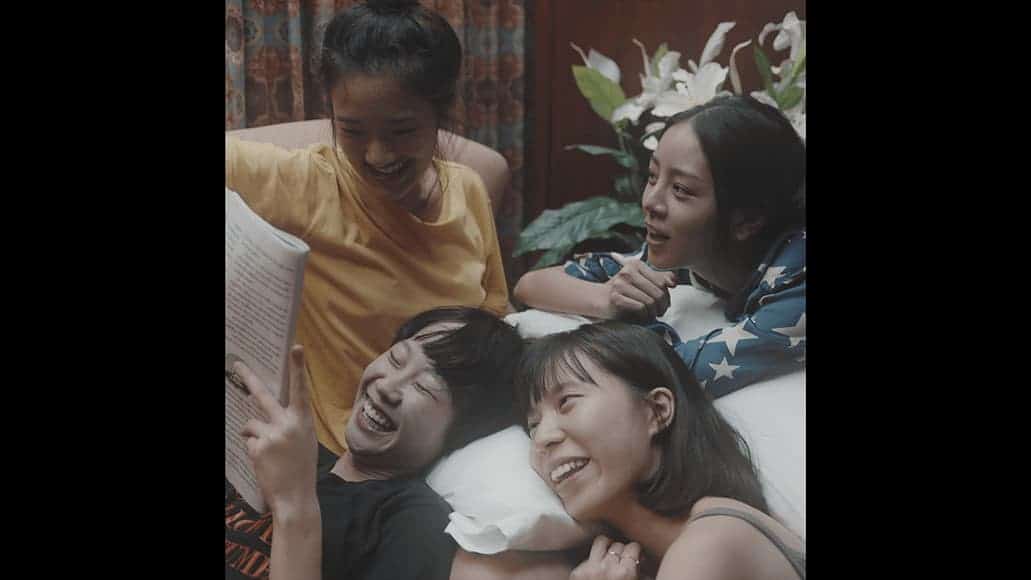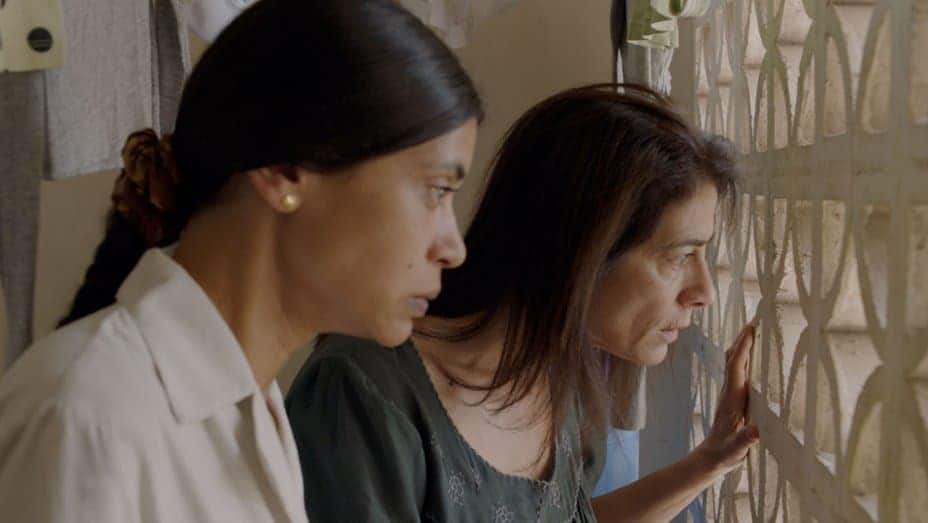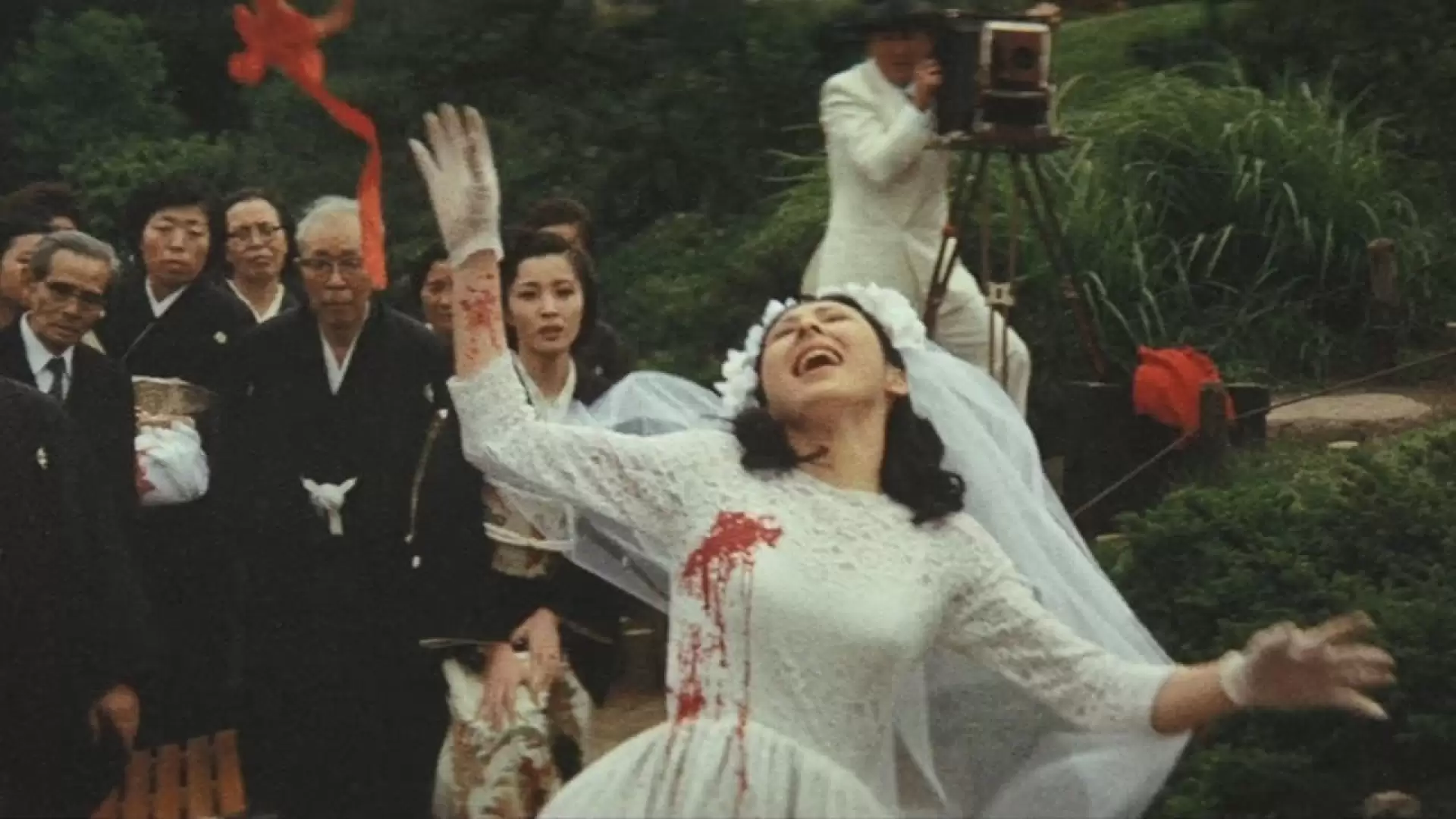“He wasn't that talented,
but I thought he had more balls than that.”
Stereotypically, some people consider being an artist unprofitable. And while there is some romantic idealism involved in the image of the tortured artist earning some money painting portraits near a cafe or making music in a dimly lit night club, the reality to that cliché is more sobering. Given the amount of aspiring and talented people on their journey to Hollywood only to be left outside the shiny white gates of a film studio, a large percentage will most certainly give up the dream in order to make ends meet and to pursue other, more realistic goals. In the end, following that dream to the end perhaps has nothing to do with becoming a celebrity, but actually not losing sight of that ambition and idealism.
Although becoming a star is always a good story to tell, the narrative of pursuing the dream is oddly more inspiring. Discovering your talent and spirit as an artist is at the core of Japanese director Shin'ichi Ono's film “Yellow Guitar” which tells the story of an aspiring musician battling with disillusionment and frustration.
“Yellow Guitar” is screening at Japan Film Fest Hamburg

The story follows Kenichi (Dynamite Naoki), a musician who gigs through the various rock'n'roll clubs of Tokyo. Frustrated by his lack of success, he feels he has no talent and will likely never be a success in the music industry. As a result, the offer of former musician and now-businessman Matsuda (Yoji Tanaka) to work at his company for twice the money Ken makes at his daytime job sounds very tempting. Even though he would have to invest less time in his music, he is willing to take that risk and afford a better life for his wife Akiko (Sachiko Hatazaki) and himself. Convinced by his decision, he even sells his beloved guitar.
However, as his job takes up more and more of his time, Akiko becomes aware of her husband's exhaustion and fatigue. Even Ken becomes aware of his new job putting a strain on their relationship.

One of the most interesting visual features of Ono's film is its depiction of the underground music scene of the Japanese capital. As Ken and the other characters walk through the streets of Shibuya, one of the many centers of the city's nightlife, the images introduce not just a setting but a whole universe consisting of dreamers, idealists and artists. The contrast to the static, gray world of business we are presented with later on in the film could not be more obvious, even though Ono does not venture into the stereotypical antithesis of the conservative and the alternative. His perspective is more defined by an admiration for those characters following their dreams, although their path, like Ken's, is always filled with obstacles, in this case a growing feeling he is not good enough for his art and as a husband.
Fittingly, the various images of bars and clubs along with the small apartment Ken has to share with Akiko symbolize a choice in life full of options, or at least this is how the characters feel about it. Similar to the protagonists of British writer Nick Hornby (“High Fidelity”, “About a Boy”) the realization you are running out of time to make decisions, to choose an option leads to depression and frustration. Consequently, faced with the reality that he is forty, still gigs in small, empty venues and is always short of cash creates panic in Ken resulting in him selling his guitar as the symbol for starting a new, possibly better life for him and Akiko.
“Yellow Guitar” is a funny, surprisingly touching little film about the realization of talent and choices in life. While its message may not be unique, its setting, its use of music and the great cast make “Yellow Guitar” a very enjoyable movie emphasizing the love and passion you put into the art you create and the life you lead.


